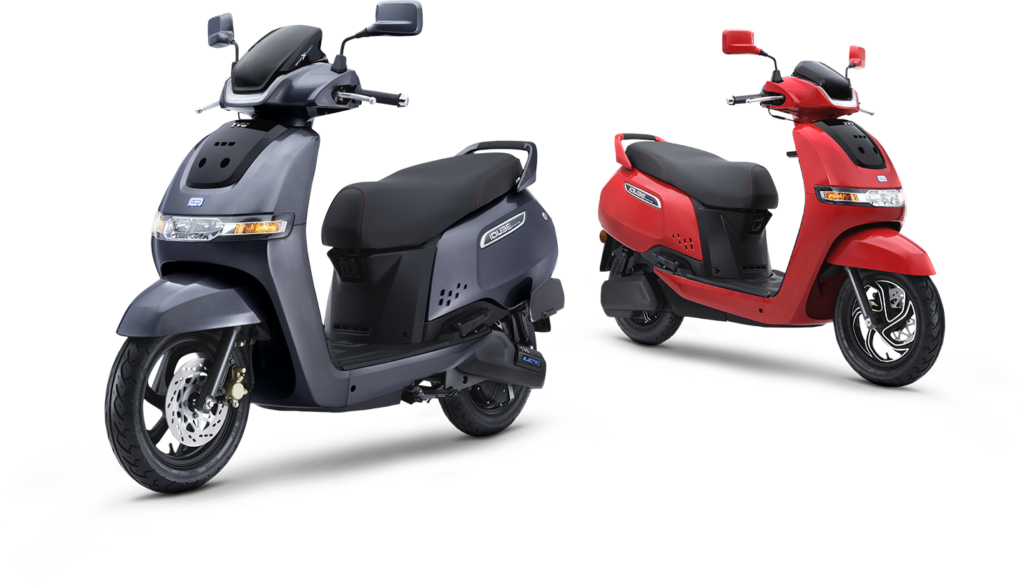
In recent years, urban mobility has witnessed a remarkable transformation, with electric scooter bikes emerging as a popular and sustainable mode of transportation. This revolutionary shift towards eco-friendly alternatives not only addresses environmental concerns but also provides a convenient and efficient solution for navigating the bustling streets of modern cities.
The Rise of Electric Scooter Bikes
Sustainable Commuting
One of the key reasons behind the surge in popularity of electric scooter bikes is their eco-friendly nature. As cities grapple with issues like air pollution and traffic congestion, the need for sustainable commuting options becomes more pressing. Electric scooter bikes, powered by rechargeable batteries, produce zero emissions, making them an attractive choice for environmentally conscious individuals.
Cost-Effective Transportation
Compared to traditional gasoline-powered vehicles, electric scooter bikes offer a cost-effective alternative. The cost of electricity is generally lower than that of gasoline, and electric scooters have fewer moving parts, reducing maintenance expenses. Additionally, many urban areas provide incentives for adopting electric vehicles, such as tax breaks and reduced registration fees, further contributing to the cost savings associated with electric scooter bikes.
The Features that Set Electric Scooter Bike Apart
Lightweight and Portable Design
Electric scooter bikes are designed with portability in mind. Most models are lightweight and foldable, making them easy to carry and store. This feature is particularly advantageous for urban dwellers who may need to combine multiple modes of transportation, such as taking a scooter on a train or bus for part of their journey.
Tech-Savvy Innovations
Modern electric scooter bikes come equipped with a range of tech-savvy features that enhance the overall riding experience. Smartphone connectivity, GPS navigation, and app integration are common functionalities, allowing riders to plan routes, track their scooter’s location, and even lock or unlock the device remotely. These innovations not only make electric scooters more user-friendly but also contribute to their integration into the broader framework of smart city initiatives.
Efficient Battery Technology
The heart of any electric scooter is its battery, and advancements in battery technology have significantly improved the performance and range of electric scooter bikes. Lithium-ion batteries, commonly used in these scooters, provide a higher energy density, allowing for longer distances on a single charge. Fast-charging capabilities also reduce downtime, making electric scooters a practical choice for daily commuting.
Overcoming Challenges: Safety and Infrastructure
Safety Concerns
As the popularity of electric scooter bikes grows, so does the need for addressing safety concerns. Accidents involving scooters, particularly in busy urban areas, have raised questions about rider safety and the need for appropriate regulations. Many cities are actively working on implementing safety measures, such as dedicated scooter lanes, helmet requirements, and speed limits, to ensure the well-being of riders and pedestrians alike.
Developing Infrastructure
The successful integration of electric scooter bikes into urban transportation systems requires the development of suitable infrastructure. This includes the establishment of charging stations strategically located throughout cities, dedicated parking spaces for scooters, and the creation of safe riding zones. Municipalities are collaborating with private companies to develop and implement these infrastructure improvements, fostering a more sustainable and efficient urban mobility landscape.
The Future of Electric Scooter Bike
Expansion of Micro-Mobility Services
Electric scooter bikes are part of a larger trend known as micro-mobility, which encompasses various compact, efficient, and often electric modes of transportation. The future is likely to see an expansion of micro-mobility services, including the integration of electric scooters into comprehensive mobility-as-a-service (MaaS) platforms. This could allow users to seamlessly plan and pay for their entire journey, combining different modes of transportation for optimal efficiency.
Continued Technological Advancements
The evolution of electric scooter technology shows no signs of slowing down. Continued advancements in battery technology, motor efficiency, and connectivity will contribute to even more reliable, convenient, and user-friendly electric scooters. As these innovations unfold, electric scooter bike is poised to become an integral part of the urban transportation ecosystem.
Regulatory Adaptations
To ensure the safe and effective integration of electric scooter bike into urban environments, regulatory frameworks will need to adapt. Cities around the world are actively working on establishing clear guidelines for scooter usage, addressing concerns related to safety, parking, and overall urban planning. The collaboration between governments, communities, and private companies will play a crucial role in shaping the regulatory landscape for electric scooter bikes.
Conclusion
Electric scooter bike represent a promising solution to the challenges of urban mobility. Their eco-friendly nature, cost-effectiveness, and innovative features make them an attractive option for a wide range of commuters. As safety measures are implemented and infrastructure continues to develop, electric scooter bike is likely to play a central role in the future of urban transportation, offering a convenient, sustainable, and efficient way to navigate our bustling cities.
Recommended Articles: Electric Motor Bike